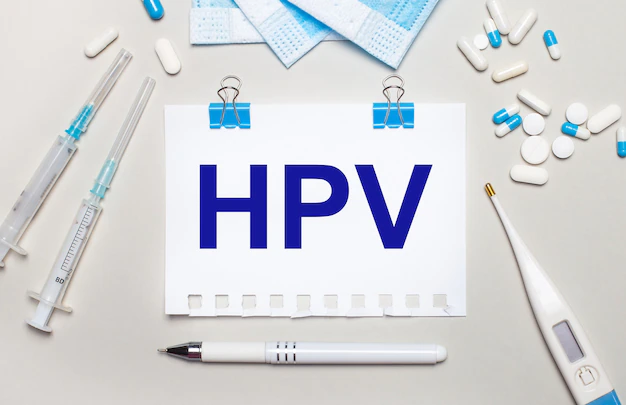Oral Human Papillomavirus (HPV)

Human papillomavirus (HPV) is a common sexually transmitted infection that can affect both men and women. While most cases of HPV do not cause any symptoms and clear up on their own, some types of HPV can cause genital warts or lead to certain types of cancer, including cervical, vaginal, and throat cancer. In this blog post, we’ll focus on oral HPV and its potential health consequences.
Oral HPV is transmitted through oral sex and can infect the mouth and throat. Most cases of oral HPV do not cause any symptoms, and the infection usually clears up on its own. However, in some cases, oral HPV can lead to the development of throat cancer, especially in men.
Symptoms of oral HPV may include:
- Persistent sore throat
- Hoarseness or changes in voice
- Difficulty swallowing
- Ear pain
- Swollen lymph nodes in the neck
There is no cure for HPV, but there are treatments available for the health conditions that may result from HPV infection. For example, genital warts can be treated with topical creams or removal procedures, and cervical abnormalities can be treated with procedures such as a colposcopy or a cone biopsy.
Prevention of oral HPV is similar to the prevention of other types of HPV. This includes getting vaccinated against HPV, practicing safe sex, and limiting sexual partners. The HPV vaccine is recommended for both boys and girls starting at age 11 or 12, and can be given up to age 26 for those who have not previously been vaccinated.
Overall, while most cases of oral HPV do not cause any symptoms and clear up on their own, it’s important to be aware of the potential health consequences of the infection. If you experience any symptoms of oral HPV, such as persistent sore throat or difficulty swallowing, it’s important to see a healthcare provider for evaluation and potential treatment.
